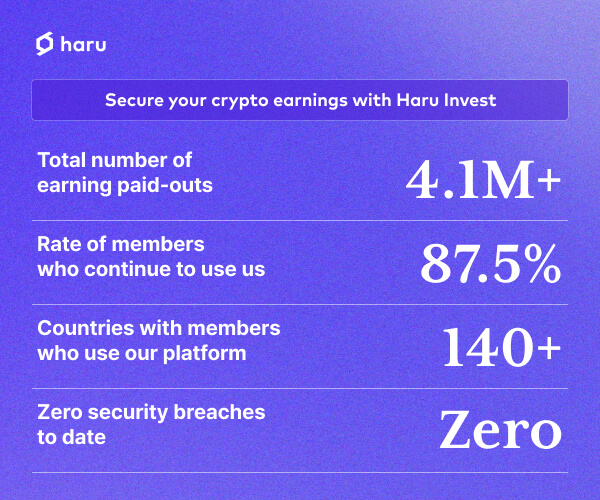Binance publishes BTC proof of reserves to provide more transparency on customer funds

Following promises from Binance CEO CZ, the exchange has released proof of reserves for Bitcoin held on the platform. Customer funds are backed by on-chain reserves of over 582,000 BTC — 1% higher than total customer deposits.
The customer net balance was 575,742.4228 BTC as of the snapshot taken on Nov. 11, and on-chain reserves came to exactly 582,485.9302 BTC.
The proof currently focuses solely on BTC “with other tokens and networks being added in the next couple of weeks,” according to an announcement.
Binance customers can verify that on-chain funds back their BTC assets by logging in and following the link in the announcement. Alternatively, users can click on ‘wallet’ and then ‘audit’ to view the “Merkle Leaf and Record ID” that correlates to their account balance.
The additional functionality is a part of an overall initiative from Binance “to provide transparency on user funds.”
While no dates were given for releasing proof of reserves for other tokens, Binance did outline its next objectives.
“Launch the next batch of PoR in the next two weeks, including additional assets.
Involve third-party auditors to audit PoR results.
Implement ZK-SNARKs for PoR, improving privacy and robustness, and proving the total net balance (USD) of each user is non-negative.”
Using ZK-SNARKs will allow Binance to better report on users that use margin and loan services and “to prove those users have enough other assets to cover the funds with collateral.”
Binance confirmed that an audited review would show some users as having negative asset balances.
The goal of the next implementation of the proof of reserves is to “prove that the total net balances (USD) of each user is non-negative.”
The proof of reserves system used by Binance utilizes Merkle Trees which “is a cryptographic tool that enables the consolidation of large amounts of data into a single hash.”
Binance stated,
“We use these properties of Merkle Trees during our Proof of Reserves assessments to verify individual user accounts are included within the liabilities report inspected by the auditor.”
Credit: Source link


Comments are closed.